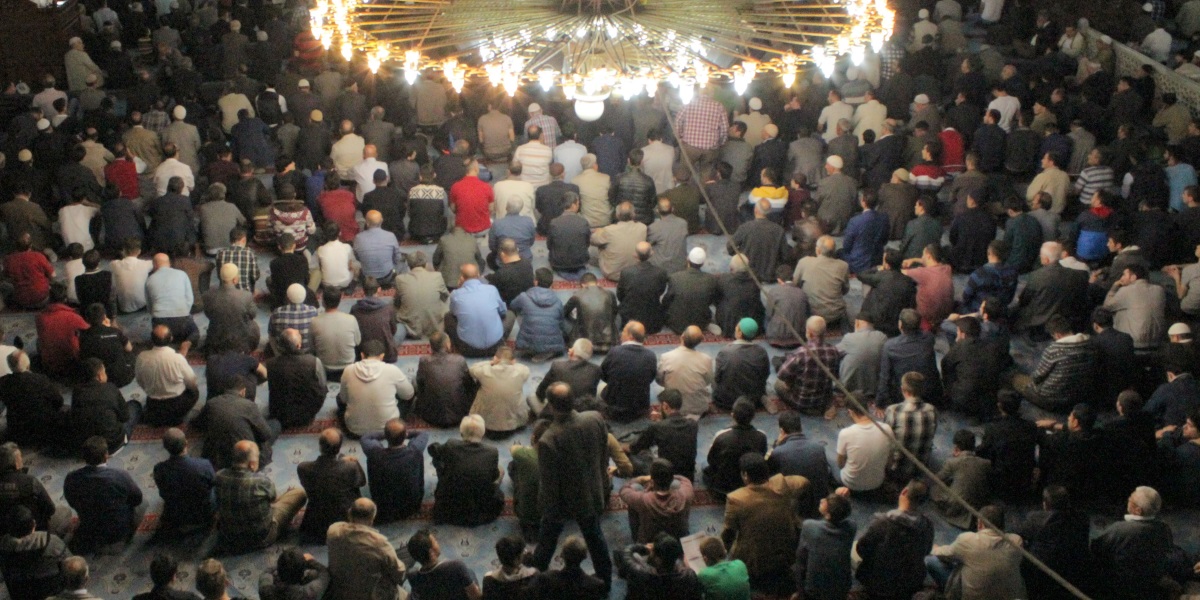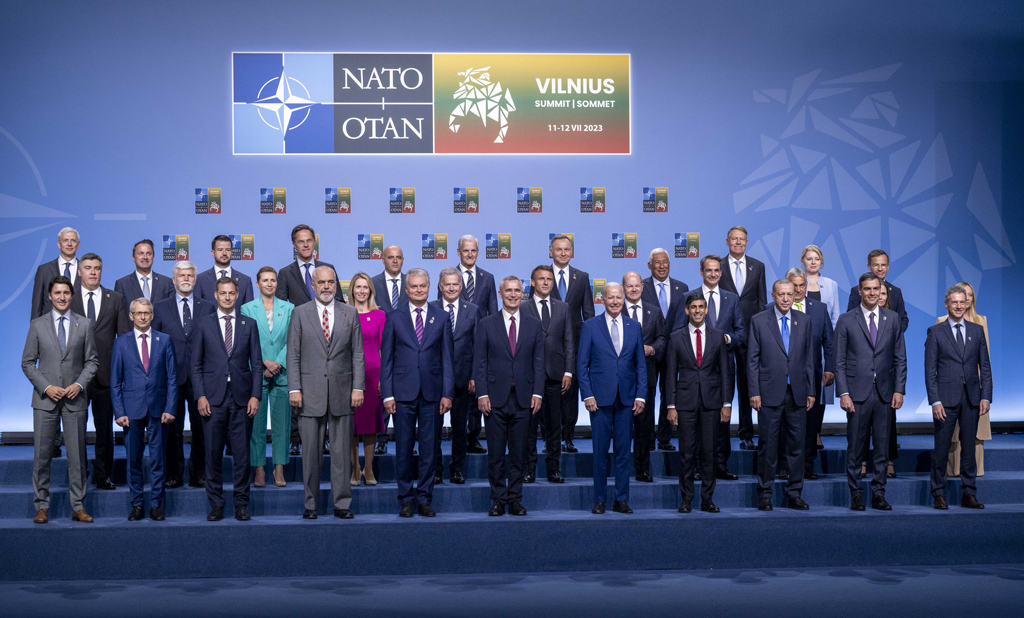The relation between the state and religious communities constitutes one of the leading discussion subjects in the country. The subject has a long history, dating back to the Ottoman Empire and ongoing in the early Republican period, the period when the multi-party system was introduced, the Feb. 28 postmodern coup process and finally the Justice and Development Party (AK Party) period.
In the aftermath of the July 15 coup attempt, the subject became the top agenda topic again when the Gülenist Terror Group's (FETÖ) unlawful activities were unraveled and FETÖ-affiliated officers were purged. The situation first started to be uncovered during the Dec. 17 and Dec. 25 judicial coup processes and now it is blatantly obvious.
I believe that there are many important lessons we should draw from the Gülen Movement's evolving from a service (hizmet) organization (as which they claimed) to a terrorist group. However, instead of resorting to accusatory generalizations, we need to conduct a multi-dimensional, democratic and public discussion on a healthy ground. We have to make some evaluations and policy recommendations to enable the reformation of state-religious relations. The current discussion ongoing with a focus on FETÖ's confessions is turning into an interrogation that attributes the crimes of an unprecedented totalitarian and operational structure to other Islamic factions. The unhealthiness of this interrogation leads both secularist and Islamic-conservative segments to seriously stray away from the main focus.
For the secularist segment, the case of FETÖ proved Kemalist secularism right. "Religion is supposed to only be in individual lives. Religious groups' relations with politics will inevitably cause problems. All these would not have happened had the right-wing and populist governments made no concessions." As a matter of fact, the conclusion this argument endeavors to reach is: "All religious factions are potential threats and will end up striving to seize control of the state." Also, for some writers from Islamic-conservative circles, FETÖ is the off-the-rails version of ambiguous mystical beliefs of religious factions.
"Religious groups constitute a world full of superstitions in which disciples canonize their leader, make their decisions based on dreams and show favor to their fellows based on a collective nervous disorder. They are unnecessary, and the mosque is enough to form a religious community." This argument concludes that religious factions must be dissolved, and faith should only be performed in individual lives or in mosques under the umbrella of the Turkish Presidency of Religious Affairs (DİB).
First of all, the weakness of both arguments is that they tend to approach the phenomenon of religious factions from an anti-democratic Kemalist perspective. They suggest a new secularization project in AK Party rule. They also gloss over the fact that religious factions represent a sociological reality with regard to religious life. So, degrading religious groups as "solidarity networks" or "superstitious ones" does not approximate anyone into the real philosophy of Islam. We have lately witnessed how esoteric and salafi interpretations claiming to be based on the Quran caused violence in individual lives.
Let me underline a few points:
- The problem of transparency could not be resolved unless religious factions are legalized. Overcoming Kemalist secularism completely will contribute to the complete purge of the wish to form parallel organizations within the state. The AK Party government presents an opportunity for that. A kind of secularism respectful to values guarantees religious people's working in the public sphere without forming any parallel agenda.
- Emerging as an anomaly in response to the coerciveness of Kemalism, FETÖ is not a typical religious group. It differs from all other religious groups in Turkey with its totalitarian, clandestine and hypocritical structure. The instrumentalization of Islamic values for power and success in FETÖ is a radical example that cannot be observed in the Sunni mainstream of Islam. Murders, favors made under coercion, violations of privacy and intelligence plots are only legitimized in this structure. Also, FETÖ is disconnected from the native and national codes of other Islamic movements in Turkey.3- As an interpretation of Islam, Sufism is a source of inspiration for hybridizations produced by religious groups in the context of modernity and traditions. Efforts to eliminate Sufi interpretations from the pluralist religious life in Turkey will only bring impoverishment.
Spreading individual-based and radical salafi interpretations is not hard in purged and sterilized atmospheres. The reformation of religious interpretations through natural transformation is what really matters.
[Daily Sabah, September 5, 2016]









